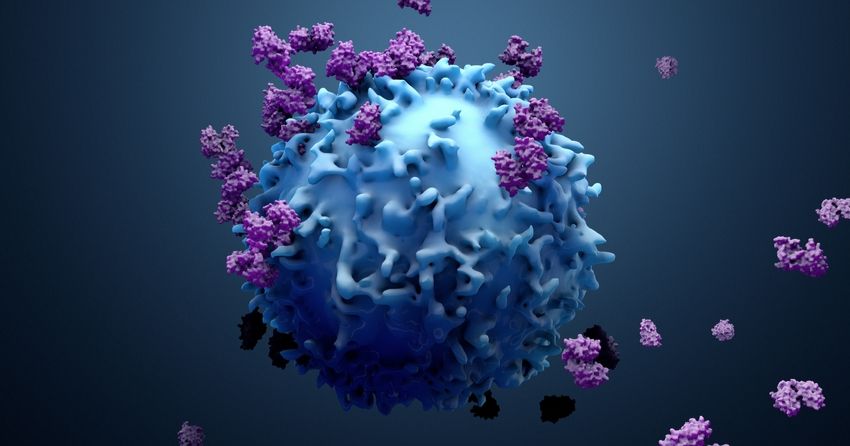Autophagy Plays Crucial Role In Maximizing Longevity

-
Autophagy is a cellular process that eliminates cell waste to prevent toxic build-up, which is a crucial part of maximizing longevity.
-
Autophagy has been shown to be closely related to many of the hallmarks of aging, while also maintaining immune function and controlling inflammation.
-
Modulation of the insulin/IGF-1, mechanistic target of rapamycin (mTOR), AMP-activating protein kinase (AMPK), and Sirtuin pathways have been shown to influence the rate of aging.
The following commentary was first posted by Reason on FightAging.org:
Many, possibly even most, longevity enhancing interventions tested to date in short lived species produce their effects on aging and life span via an increase in the cellular maintenance processes of autophagy. The major focus of the research community over the past few decades in the matter of aging has been to replicate some of the calorie restriction response, or other responses to cellular stress. Cells responds to lack of nutrients, excessive heat, and so forth, by undertaking greater maintenance efforts for an extended period of time. If the stress is mild and transient, the result is a net benefit. Unfortunately this class of approach doesn't have sizable effects on life span in long-lived species such as our own: if we want to live significantly longer in good health, then we need to look at other strategies, such as rejuvenation biotechnologies after the SENS model that repair the forms of cell and tissue damage that causes aging.
This review article appeared in Frontiers in Cell Development and Biology in September 2019.
In the past two decades, the molecular signatures of aging have been started to be uncovered. A remarkable conservation of these cell signaling pathways has been shown across various invertebrate and vertebrate species. Autophagy is a cellular process that has emerged as a nexus at which these various pathways have been shown to converge. Autophagy is the catabolic process by which the cell eliminates unnecessary cellular components to maintain energy homeostasis and prevent the build-up of toxic material.
Autophagic activity has been shown to decline with age in various animal models. For example, body-wide quantification of autophagic flux in Caenorhabditis elegans revealed a general decline in activity in various tissues, including the intestine and neurons. A similar decline in function has been observed in mammals. For example, electron microscopy analysis of aged mouse livers revealed a depression in the rate of autophagic vesicle formation.
Various groups have identified a necessary role of autophagy in mediating the effects of longevity-enhancing mutations. Inhibiting autophagy in a long-lived mutant model nullifies the longevity-promoting effects of the mutation. C. elegans worms that carry a loss-of-function mutation in their daf-2 gene, which encodes for a common single insulin/Insulin-like Growth Factor (IGF)-1 Receptor in this organism, live significantly longer than their wild-type counterparts. RNAi-mediated knockdown of the autophagy gene bec-1 significantly reduced the lifespan of the daf-2 mutants, clearly identifying autophagy as a process that is required for the increased longevity of this mutant.
To demonstrate a causal relationship between autophagy and longevity, some groups have evaluated the effects of overexpressing autophagy genes. A positive relationship between autophagic activity and lifespan was first demonstrated in Drosophila. Neuron-specific overexpression of the Atg8a gene resulted both in an increase in lifespan and a reduction in the accumulation of toxic protein aggregates in neurons. Similarly, body-wide overexpression of Atg5 resulted in a significant increase in lifespan in mice. Increase in autophagy via disruption of the beclin1-BCL2 complex has been shown to promote both healthspan and lifespan in mice. In summary, autophagy has convincingly been shown to play a pivotal role in healthspan and lifespan extension.





